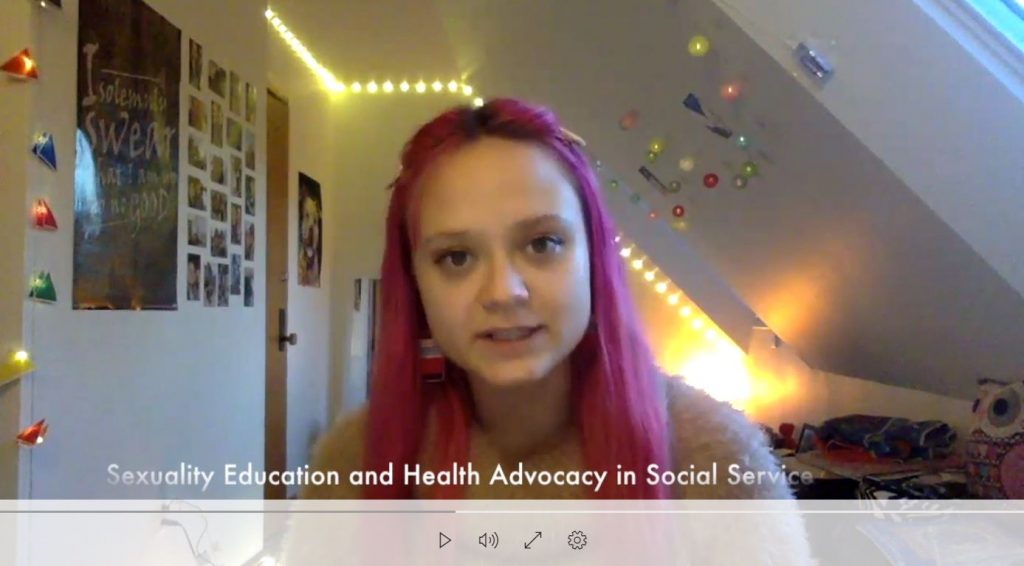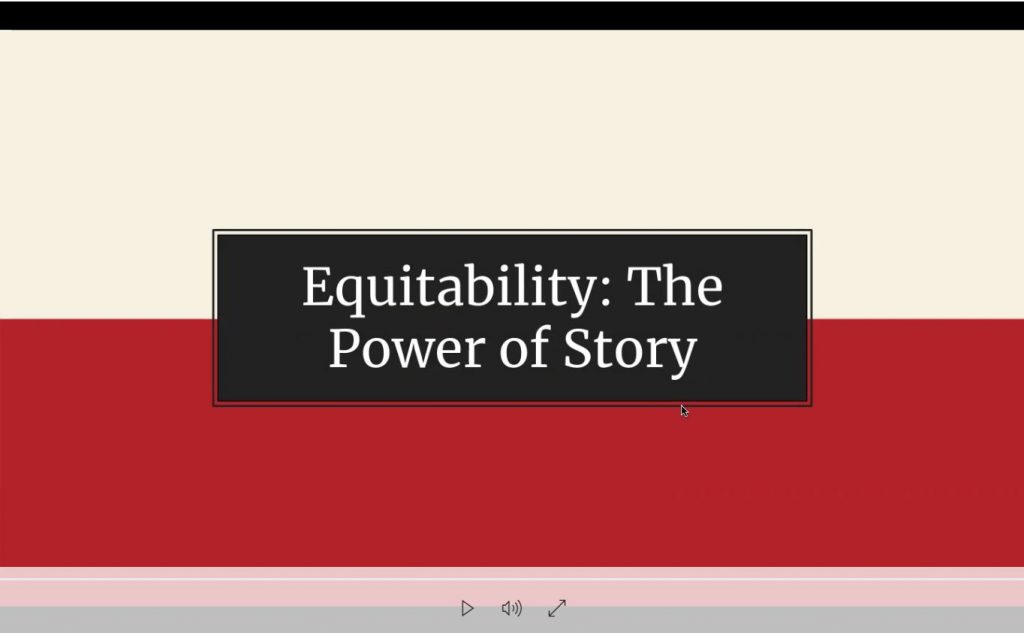Music, Business and Language
Faculty Advisor: Prof. Amanda Weidman
Field Site: The Hood Elle Woods Management
Field Supervisor: Tyler Garber
Course Description:
It is easier than ever before to become a creator or an entertainer, but it is not without its own challenges, from social media marketing to metadata tracking, and more. Everyone should have this opportunity to put their creative work into the world, but especially with business and legal matters, it can often appear inaccessible, stopping people from pursuing their passions. Taking on a linguistic and ethnomusicology perspective, this course will explore music, business, and language at its interface in practical experience in working with artists, podcasting, and an online music business e-course.
Praxis Project (Short Story):
My praxis course covered a wide variety of topics, one of which was the relationship between the work and research academics due in regards to popular music and the day-to-day issues facing the artists themselves. Rather than provide an academic essay or something otherwise formal, I have written a short story from the perspective of an artist, covering many of the themes discussed in the course and connected to the fieldwork- some of which include the concept of authenticity in relation to social media and music, metadata, and pay for artists. I hope this short story encourages you to consider this created perspective of an artist and reflect on the themes discussed.
Praxis Blog Post_Anna Thompson_red
Please click here to access a PDF version of the document.



